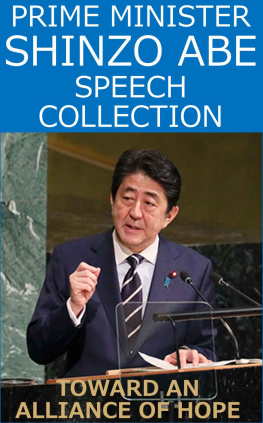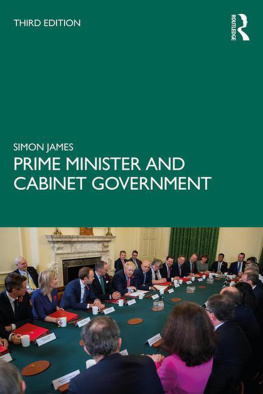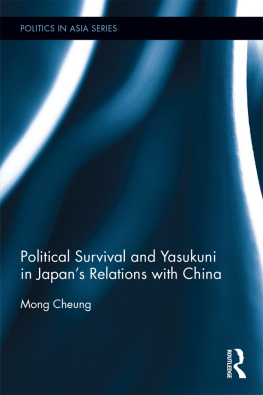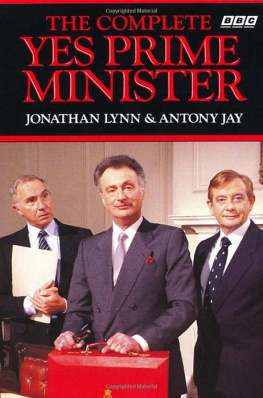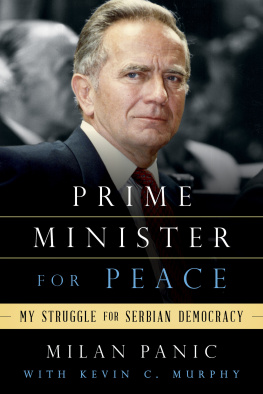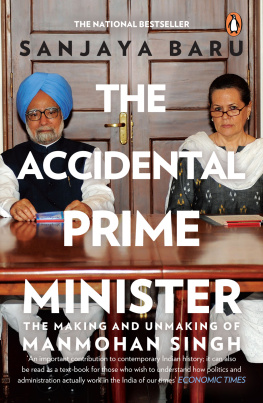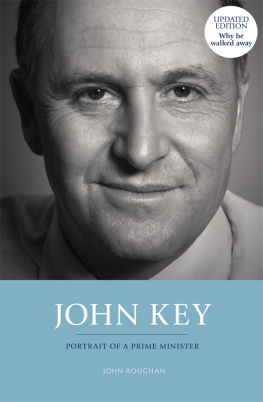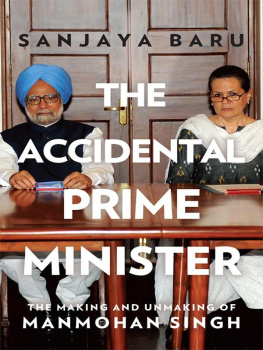Congratulatory address by Prime Minister Shinzo Abe at the Commemorative Ceremony of the 50th Anniversary of Japan's Admission to the United Nations
December 18, 2006
It is my great pleasure to have the opportunity to express my congratulations on the occasion of the Commemorative Ceremony of the 50th Anniversary of Japan's Admission to the United Nations, in the presence of Their Majesties The Emperor and Empress of Japan and with the attendance of many people from Japan and overseas.
The United Nations states in its Charter that its purposes are: to maintain international peace and security; develop friendly relations among nations; achieve international cooperation in solving international problems of economic and social character as well as in promoting and encouraging respect for human rights; and to serve as a center for harmonizing the actions of nations towards the attainment of these common ends. Joining this Organization, that plays a central role in efforts towards world peace and prosperity, was an earnest wish for Japan as we ourselves were making a fresh start as a nation of peace.
My grandfather Nobusuke Kishi, when he was Minister for Foreign Affairs, placed the United Nations at the heart of our diplomacy. In his foreign policy speech immediately after Japan's accession to the Organization, he placed respect for the United Nations as the foundation of Japan's diplomacy and expressed that Japan always stands ready to make appropriate contribution to strengthen the authority of the United Nations and to attain world peace through the Organization. Indeed, Japan has proactively contributed to UN efforts for the past 50 years to realize a better world in important areas such as peace, development and human rights.
The United Nations has adapted its scope of activities to meet the needs of the time and today it is engaged in efforts to deal with new issues related to human security, such as terrorism and infectious diseases. In order to realize an effective United Nations that is capable of addressing these issues, discussions have taken place on UN reforms and new frameworks such as the Peacebuilding Commission and the Human Rights Council have been established. Reviews are also underway on matters that form the foundation of the UN activities, in pursuit of a more equitable sharing of financial burden as well as efficient and transparent functioning of the Secretariat. Japan is actively promoting UN reform along these lines.
As for the Security Council, although expectations have been high since the end of the Cold War, the structure of the Council has hardly changed since the inception of the United Nations six decades ago. This year, with regard to the nuclear activities and missile launches of North Korea, the Security Council swiftly brought together the will of the international community and expressed them in a resolute form. Japan played a major role in this process as a non-permanent member of the Security Council. In order for the Security Council to make such important decisions, however, it is imperative that participation of countries with the will and the capacity to bear the primary responsibility for the maintaining of international peace and security be ensured. The Security Council therefore must be reformed to reflect the realities of the 21st century. Japan, for its part, is determined to take on its full responsibilities through gaining a permanent membership in the Security Council.
I should like to express my determination that, Japan will continue contribute to the activities of the United Nations in various fields as a key member of the international community.
Finally, let me conclude by extending once again my heartfelt congratulations, on behalf of the Government of Japan and the peoples of Japan, to the organizers of this Commemorative Ceremony of the 50th Anniversary of Japan's Admission to the United Nations, and by also by expressing my wishes for the further development of the United Nations.
"Confluence of the Two Seas"
Speech by H.E.Mr. Shinzo Abe, Prime Minister of Japan
at the Parliament of the Republic of India
August 22, 2007
Your Excellency Mr. Mohammad Hamid Ansari, Chairman of the Rajya Sabha,
Your Excellency Dr. Manmohan Singh, Prime Minister
Your Excellency Mr. Somnath Chatterjee, Speaker of the Lok Sabha,
Honourable Parliamentary representatives of the Indian people,
Honourable Cabinet members,
Your Excellencies Ambassadors,
Ladies and gentlemen,
I would like to begin my remarks today by extending my sincerest condolences to many victims of nature's great fury, the people of India who have suffered tremendous damage from the recent torrential rain cantered in Bihar state, who are even at this very moment struggling against enormous hardships.
Today I have the great honour of addressing the highest organ of state power in this largest democracy in the world. I come before you on behalf of the citizens of another democracy that is equally representing Asia, to speak to you about my views on the future of Japan and India.
"The different streams, having their sources in different places, all mingle their water in the sea."
It gives me tremendous pleasure to be able to begin my address today with the words of Swami Vivekananda, the great spiritual leader that India gave the world.
My friends, where exactly do we now stand historically and geographically? To answer this question, I would like to quote here the title of a book authored by the Mughal prince Dara Shikoh in 1655. We are now at a point at which the Confluence of the Two Seas is coming into being.
The Pacific and the Indian Oceans are now bringing about a dynamic coupling as seas of freedom and of prosperity. A "broader Asia" that broke away geographical boundaries is now beginning to take on a distinct form. Our two countries have the ability -- and the responsibility -- to ensure that it broadens yet further and to nurture and enrich these seas to become seas of clearest transparence.
This is the message I wish to deliver directly today to the one billion people of India. That is why I stand before you now in the Central Hall of the highest chamber, to speak with you, the people's representatives of India.
* *
A number of times in history, Japan and India have attracted one another.
Vivekananda came to be acquainted with Tenshin Okakura, a man ahead of his time in early modern Japan and a type of Renaissance man. Okakura was then guided by Vivekananda and enjoyed also a friendship with Sister Nivedita, Vivekananda's loyal disciple and a distinguished female social reformer. Many people are aware of all that.
Tomorrow I will be taking a morning flight to Kolkata, where I expect to meet the son of Justice Radhabinod Pal. Justice Pal is highly respected even today by many Japanese for the noble spirit of courage he exhibited during the International Military Tribunal for the Far East.
People from the Bengal who forged a relationship with Japan -- be it the person whose name now graces Kolkata's international airport (Chandra Bose), or, going back a bit further in time, the ageless poet Rabindranath Tagore -- were engaged in at the deepest level of their soul with their Japanese contemporaries. Indeed, the depth and the richness of the exchanges that the intellectual leaders of Japan and India enjoyed during the early modern age are in some ways beyond what we in the modern day can imagine.
This rich history notwithstanding, I would like to state one firm conviction here. The changes now beginning to take place between India and Japan are those that truly have no precedent. First of all, as we can see from recent fascination among the Japanese people with India and the increasing eagerness among Indians to learn Japanese, the interest shown to each other goes far beyond a limited stratum of society but reaches the general public.

